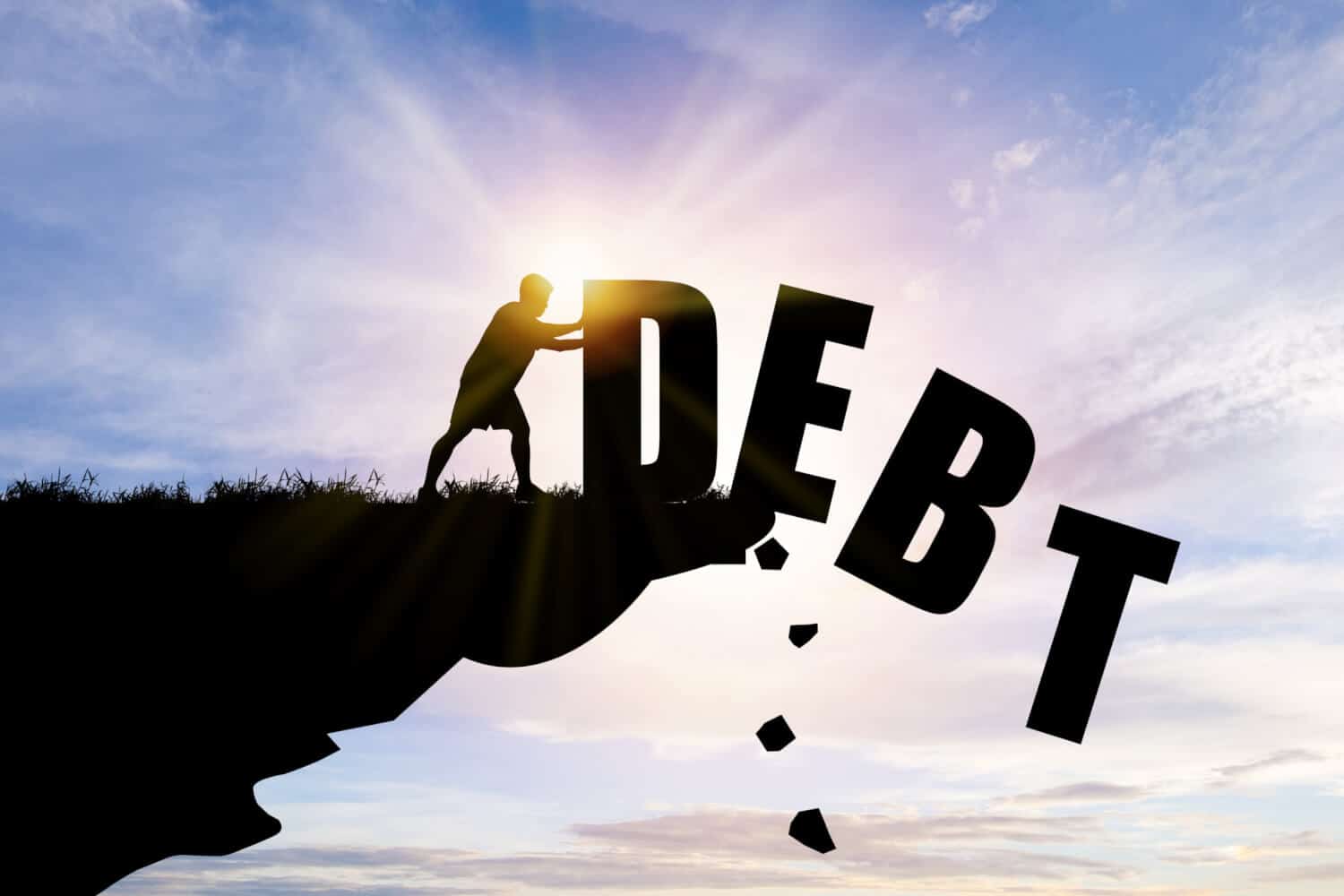Most small businesses will, at some point, take out a business loan to help finance their growth. Especially during times of economic uncertainty, you may have trouble keeping up with loan payments. A secured or personal guarantee business loan default is different from being late with a payment and can have serious repercussions for your business. Depending on the type of loan you have, defaulting on a loan may even impact your personal finances. Some lenders are more forgiving than others, but a late payment will incur fees, affect your credit score, and may lead to collection activities. Any collateral that you put up against the loan could be at risk.
Keep reading to learn what it means to default on a business loan, how an SBA loan differs from a personal guarantee business loan default, and what you should do in the event of a small business loan default. We’ll also explain how you can avoid this unpleasant scenario.
What Does it Mean to Default on a Loan?
To default on a loan is to fail to meet the loan agreement’s terms. Specifically, this means missing payments on that loan or failing to meet loan covenants – or terms – that the lender has put into the loan agreement. However, the number of payments that can be missed before it is considered in-default depends on the lender. The bank or organization sets the length of time allowed. Some lenders consider an account in default if a single payment is missed. For others, they may wait for 90 or more days before taking action.
Delinquency differs from defaulting on a business loan. If you’re delinquent, it means that you are late with a loan payment; however, the lender hasn’t started collection proceedings or taken any legal action. Even so, you may be incurring late fees. Defaulting on a loan is far more serious.
What Happens if You Default on an SBA loan?
An SBA loan is backed by the Small Business Administration, a federal agency. This type of loan typically requires less collateral. If you are unable to make payments and end up defaulting on the loan, you will have to deal directly with the lender. The collection process will be stated in your loan agreement. With these loans, the SBA guarantees part of the loan.
This is what typically happens if you default on an SBA loan:
1) The lender will submit a claim to the SBA, and they will pay them part of the loan amount.
2) The rest of the money owed is then transferred to the SBA.
3) The SBA requests payment from the borrower to cover their expenses.
4) The borrower can explain their circumstances and may be able to negotiate a smaller payment.
5) If the borrower cannot pay, the SBA will submit the account to U.S. Treasury Department collections officials.
6) The Treasury Department can take several steps, such as garnishing wages and seizing IRS refunds.
While unsecured (no collateral) SBA loans are attractive for startups and other small businesses, they do require that lenders get a personal guarantee from at least one of the business owners. This is a legally binding document that authorizes the lender to seize personal assets in the event of non-payment.
What Happens if You Default on a Personal Guarantee?
If you committed to a personal guarantee to secure a loan and then default on that loan, it will have a significant impact for up to 10 years on your personal credit score. The personal guarantee business loan default procedure may also include seizing your personal property, such as a home and vehicle, to pay off the loan. With no personal guarantee in place, the credit score of the company will be affected and business assets (though not personal assets) may be seized and liquidated.
What Steps Should You Take if You Default?
Loan default practices vary between types of lenders and are different from state to state. The most important thing to do if you default on your loan, or you believe a default is imminent, is to contact your lender and discuss the situation with them. Look at your lender agreement to determine their late payment policies, and what they consider a loan default. Understand what late fees they charge. Put a strategy in place to pay off the balance of what is owed, including whatever late charges are incurred. The lender may be willing to restructure your loan payment schedule or let you temporarily stop making payments. You can also consider refinancing your loan so that monthly payments are lower. Taking fast action can minimize the damage of going into default.
What Can You Do to Avoid a Small Business Loan Default?
The best way to avoid defaulting on your business loan is to keep a close eye on your company finances and have a strategy in place to ride out any rough patches. For startups and small businesses that may not have a fully dedicated financial department and CFO, a fractional CFO can be a cost-effective way to develop a financial strategy and avoid any catastrophic financial events, such as a loan default, as you grow your business.
Contact CFOShare for information about our fractional CFO and outsourced financial services and learn how we can become a vital part of your team.




